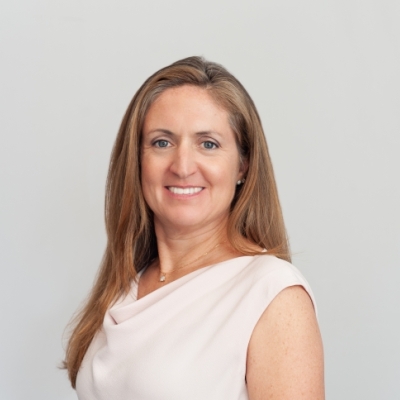Among cyclists, there is a joke that “I had the right of way” makes a good epitaph. The point is obvious: being right is cold comfort if you’re dead.
It’s not hard to imagine that, if we Common Core advocates don’t chart a better implementation course, we’ll be standing at its funeral in more than a few states saying to each other in hushed tones, “But standards aren’t curriculum.”
We see this clearly in how the debate over the Common Core has evolved in places where implementation is fully rolled out and where the unintended consequences of standards- and accountability-driven reform (curriculum narrowing, test prep, etc.) haven’t been well anticipated or corrected. We’ve seen it as parents who’ve never before engaged in education debates write letters and post pictures that go viral about impossibly confusing “Common Core” lessons and worksheets. And we saw it this week when comedian and New York City public school parent Louis C.K. took to Twitter to complain about New York’s standardized tests, the curriculum that the state and district has chosen to implement the new standards, and the inordinate amount of time that gets siphoned away from instruction for test prep and tests.
Of course, I’ve long argued that standards are not curriculum (they aren’t) and that curriculum decisions are made by local schools and districts (they are).
But the reality is that Louis C.K., like many parents across New York, doesn’t much care about the difference between standards and curriculum. He’s disinterested in the debate over whether there’s a better way to implement these standards—not because he doesn’t care about education our outcomes but rather because, from his perspective, the “Common Core” is not a set of standards that he’ll likely ever read.
Rather, to parents, the “Common Core” is indistinguishable from the curriculum and instruction that touches their kids everyday. And what more than a few parents are seeing is confusing curriculum, too much time spent on test prep, and too many days spent toiling on assessments. And these parents don’t want any part of an in-the-weeds, technocratic discussion of how standards and test-based accountability might be better implemented. Like Louis C.K., they just want their kid to love math again.
And therein lies the challenge for CCSS supporters. Despite heated rhetoric to the contrary, standards and accountability do have a track record of improving achievement, particularly for our most disadvantaged students. And while we have long maintained that standards and curriculum are different, it’s exactly because standards don’t dictate a single implementation path that many schools, districts (and states) have charted a less-than-desirable course in the hopes of raising test scores.
But it doesn’t matter that those decisions are being driven by state and local leaders and not mandated by the standards. The reality is that we supporters cannot claim credit for the adoption of clearer and more rigorous standards and then wash our hands of anything bad that happens in the name of implementation.
We need to take responsibility for CCSS implementation and what is actually happening in the classroom. We need to call out misguided curricula and poorly conceived assessment and accountability decisions. And, most importantly, we need to find the teachers and leaders who are doing this well and elevate their voices. If we are unable to do that, it will be difficult to blame parents who get angry when they see time taken away from instruction for test prep or when their children are sent home with problems of which even the most educated amongst us can’t make sense.
Only when we really see Common Core from a parent’s perspective will we be able to ensure that Common Core is not a technical (and temporary) victory but an actual one that makes students excited about learning again.



